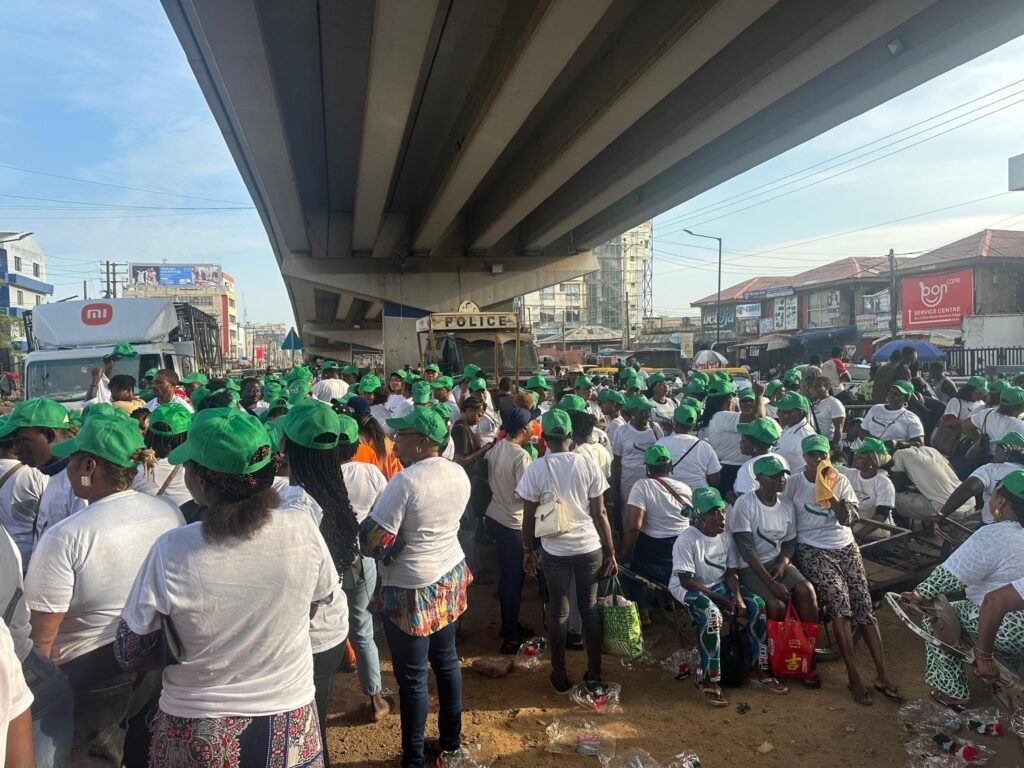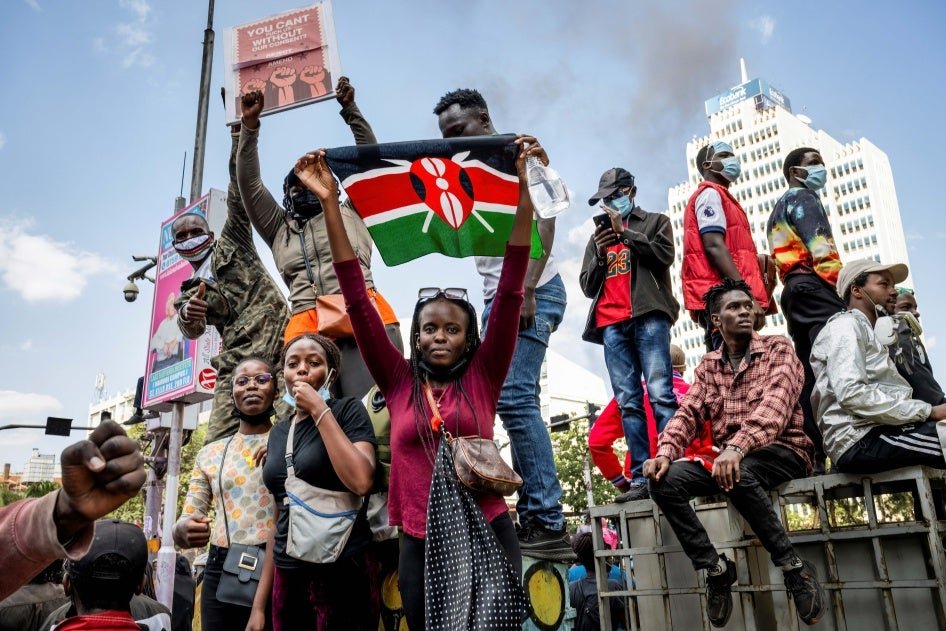Early Thursday morning, protesters gathered in Nairobi before Kenya’s national budget presentation. People filled the streets with signs and chants, expressing anger over likely financial changes.
These protests happened just hours before Finance Minister John Mbadi was scheduled to present the national budget.
The government hopes this budget will boost revenue to help pay off rising national debt. Kenya’s debt-to-GDP ratio now stands at nearly two-thirds. That is above the 55% level seen as manageable for developing economies.
The government faces increasing pressure to reduce its fiscal deficit without stirring more public unrest.
In 2023, planned tax hikes worth over 346 billion Kenyan shillings triggered widespread protests. Some turned deadly, forcing the government to cancel the hikes. Since then, Kenyans remain cautious of new tax plans.
On Wednesday, Mbadi tried to calm the public, saying, “Kenyans cannot bear more tax… For the first time, we have not added taxes in the current finance bill as has been the case before.”
Anger Over New Tax Authority Powers and Use of Public Funds
Despite the assurance, many citizens remain skeptical. Critics believe the government is shifting its focus from direct to indirect taxes. These could increase the cost of living without openly raising tax rates.
The finance bill also proposes to give the Kenya Revenue Authority access to personal financial data. This includes bank accounts and mobile money details, which has drawn heavy criticism.
Mbadi defended the bill, saying, “The revenue authority must be empowered to collect taxes to run the country.” However, this hasn’t stopped fears about government overreach and lack of privacy.
Economic analyst John Kuria said the government is trying to calm discontent while raising needed funds. “They understand that people are not very happy, especially with the government and how the taxes are being used,” he stated. Still, he warned that even with improved compliance and planned spending cuts, “I think we’re still going to have a significant funding shortfall.”
Oxford Economics Africa senior economist Shani Smit-Lengton agreed the budget may appear balanced on paper. However, she noted that Kenya struggles to follow through. “Achieving this balance will be critical to maintaining both investor confidence and domestic stability,” she said.
Nigerian Protests Highlight Deepening National Frustrations
On the same day, similar protests occurred across Nigeria. Demonstrators took to the streets in multiple states during the country’s Democracy Day. This day marks the anniversary of Nigeria’s 1993 election, famously won by Moshood Abiola, whose victory was annulled.
The protests are led by the #TakeItBackMovement and spread across at least 20 states, including Lagos, Abuja, and Oyo. Protesters are demanding action on economic hardship, growing poverty, and nationwide insecurity. Nigeria continues to battle high unemployment, and over 133 million people now live in poverty. Worsening violence has displaced thousands more.
Protesters across Nigeria are calling for more than just relief. They want accountability from leaders and urgent improvements in security and governance. These protests mirror Kenya’s unrest but touch on deeper problems beyond taxes alone.
Both Kenya and Nigeria are facing growing frustration from citizens. While Kenya’s unrest centers on budget decisions and tax laws, Nigeria’s reflects broader concerns. People feel let down by leadership and want better living conditions, improved safety, and stronger policies to ease the cost of living.
Public protests in both countries show rising anger over leadership, economic inequality, and fears about the misuse of power. Governments now face a growing need to rebuild public trust and deliver reforms that improve lives in real, visible ways.
Rate, Like 👍, Comment, share this article and Follow us on our social media handles.










